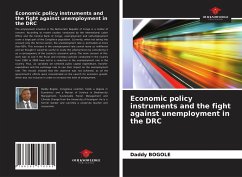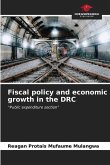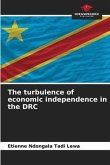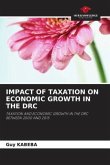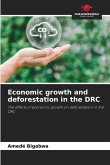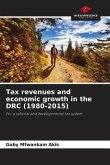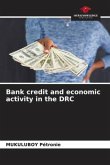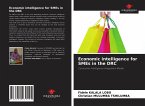The employment situation in the Democratic Republic of Congo is a matter of concern. According to recent studies conducted by the International Labor Office and the Central Bank of Congo, unemployment and self-employment cover a large part of the Congolese population. Currently, when not taking into account only the formal sector, the unemployment rate is estimated at more than 80%. This increase in the unemployment rate cannot leave us indifferent and we thought it would be useful to study this phenomenon by considering it as a consequence of the country's economic policy. The main concern of this work was to see if the fiscal and monetary policies conducted in the country from 1990 to 2009 have led to a reduction in the unemployment rate in the country. Thus, as variables we selected public capital expenditure, transfer expenditure and the exchange rate to see their impact on the unemployment rate. The results showed that this objective was not achieved, as all the government'sefforts were concentrated on the search for economic growth, which was not inclusive in order to increase the level of employment.
Bitte wählen Sie Ihr Anliegen aus.
Rechnungen
Retourenschein anfordern
Bestellstatus
Storno

